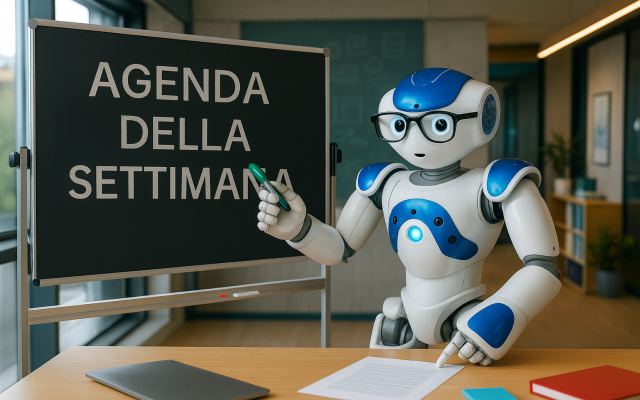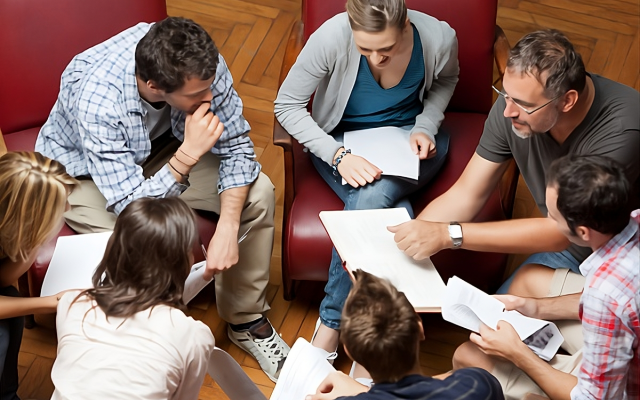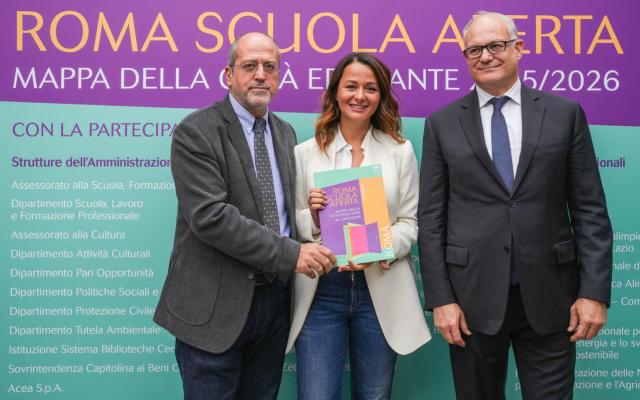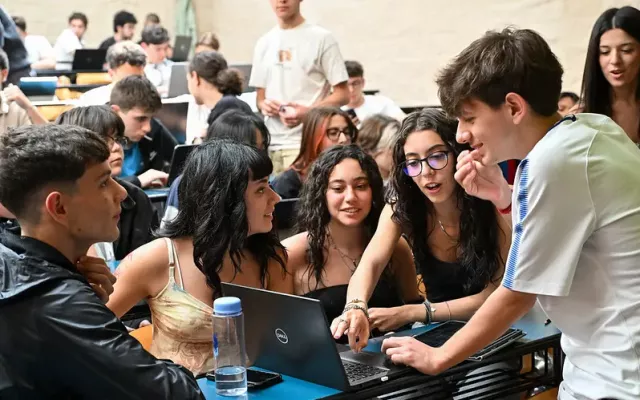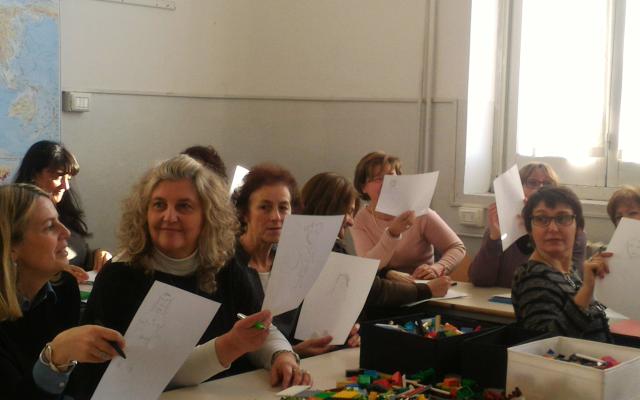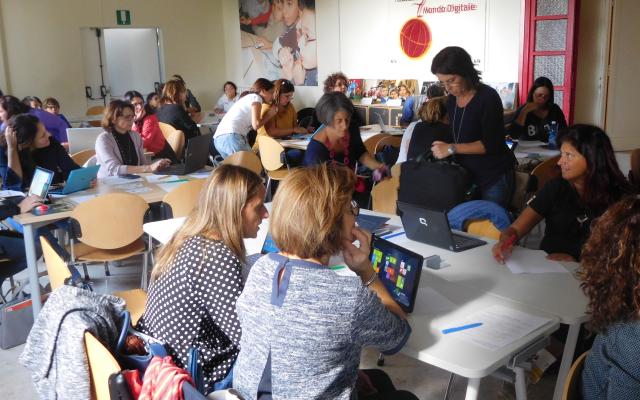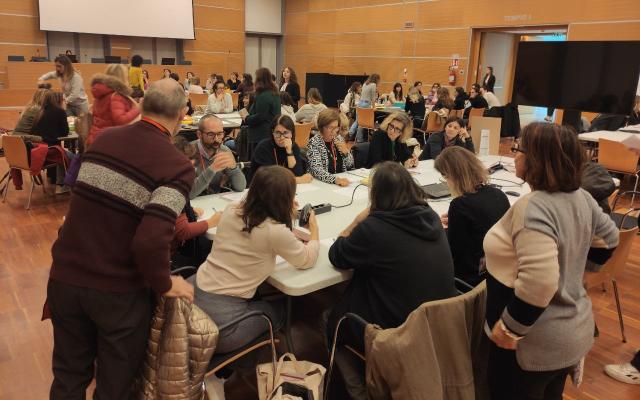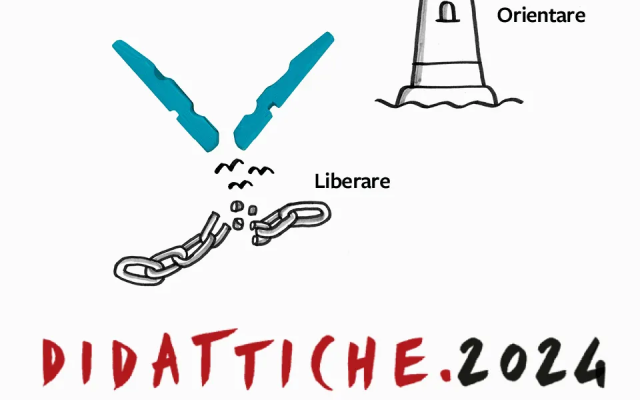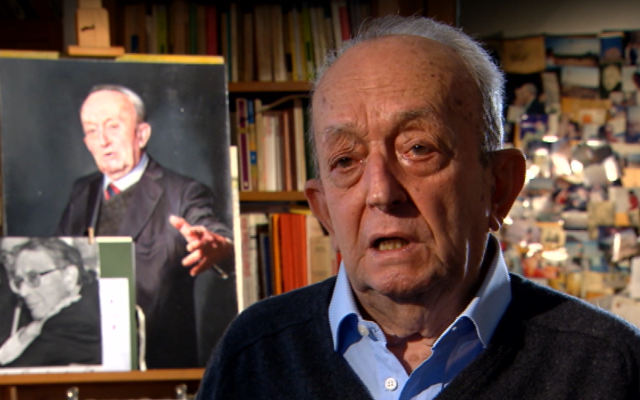A community of practice dedicated to digital and inclusive curricular innovation
As the 2020-21 school year reopens, we have launched a call for teachers to get involved in an innovative teaching project, enhancing their role as agents of pedagogical and social change. The goal is to develop teaching paths that leverage the use of digital solutions to transform discipline learning into an engaging and transformative experience, capable of soliciting those knowledge, skills and values central to our Education for Life model. The educational modules or paths devised must present real added value for blended teaching of the disciplines (online and in-presence). Twenty-eight national groups of teachers from primary and secondary education institutions in all Italian regions and from adult education centers are at work. At the moment we have called them "The Teachers of the We School": they are 120 competent professionals, ethical educators, innovative designers... we hope they can soon become transformative leaders. By "unleashing" the creativity and ingenuity of teachers, we can build capacity for change right away. Technology can extend the reach and value of effective teaching in a horizontal mode, starting with the people we are connected to and work with. Because value and innovation are created less and less from the top down, but proceed more effectively, especially if diffuse learning processes are involved. At this stage we are obviously not talking about radical innovation, we are just putting micro system processes in place to scale the incremental dimension. Our small community of teachers is becoming familiar with the Kit:Cut methodology: we download projects, implement tools, share experience, and create new paths to share. The idea is to come up with customizable open code models, following the approach of the sharing knowledge economy.
The open source community of teachers in the School of Us uses digital as a "community technology," a tool for thinking and acting collectively, training students in citizenship, enabling the building of constructive professional ties, consolidating educating communities, and releasing the energies of an area. Teachers who have joined the network adopt active and experiential pedagogy approaches such as inquiry-based learning, outdoor education, gamification, interactive storytelling, learning by teaching, "making learning and thinking visible," etc.
Among the pathways under development we can mention, for elementary school: teaching gardens 3.0 and digital herbariums, "augmented" e-books enhancing cultural heritage, virtual treasure hunts on sustainability, web "handbooks" for learning styles, educational podcasting to learn history, coding for equal opportunities, virtual reality to analyze the properties of nature, etc. Pathways for secondary school include, for example: escape room on human rights, IoT for studying astronomy, online math contest, music app for recognizing the physical characteristics of sound, stopmotion on fibers of natural origin, and so on. For high schools, however, we mention: geography modules that propose mapping areas of cultural interest free of architectural barriers, virtual service learning projects to foster multiculturalism in the classroom, web-tvs for studying local archaeology, web journals on the 2030 agenda, youth enterprise contests for equal opportunity, chatbots programmed to fulfill the role of sports coaches during confinement, science apps that make students authors of content, and biorobotics simulations to reflect on ethics and artificial intelligence.
Ongoing experimentation includes the recognition of an open "teacher creator" badge that certifies digital learning design skills and encourages teachers to continue on the path through refresher and in-depth trainings, participation in challenges dedicated to civic and digital educational innovation, contribution to outreach and job shadowing initiatives, as well as the creation of new tools. We also continue in this direction with the Tullio De Mauro Special Award in the context of the Global Junior Challenge. A recognition to the innovative teacher who knows how to combine quality, equitable and inclusive education, including through the use of innovative technologies, tools and methodologies, and a recognition to the innovative leader who best leads the systemic transformation of his or her school with the implementation of projects shared with the territory and the educating community. Always open code.
ResulTs
- Creation of an open and expanding community of practice (120 teachers in 2021), expression of interest of 200 teachers for 2022
- Establishment of 26 working groups
- Development of a systemic innovation process for the school
- Delivery of 14 webinars to disseminate best practices
- 37 interviews and video interviews
- Design and testing of 21 innovative educational pathways:
- App to the top (2nd grade)
- Scienz@app (II grade)
- Time travel (II grade)
- Double desk tribute (II grade)
- Open tracks (II grade)
- Gimmy, the chatbot for your home workout (II grade)
- Young citizens grow up (II grade)
- Came from afar (II grade)
- Fake Busters (II grade)
- Imagine that (II grade)
- Signs and signals (II grade)
- PRob: pseudo-coding for robotics (II grade)
- Space invaders (I grade)
- A link to the stars (I grade)
- The human rights room (I grade)
- Mathematical adventures (I grade)
- In and out of the water: virtual dives and space sojourns (primary)
- Sustainable scavenger hunt (primary)
- G-book (primary)
- Never trapped in the web again (primary)
- Learning gardens 2.0 (primary)

